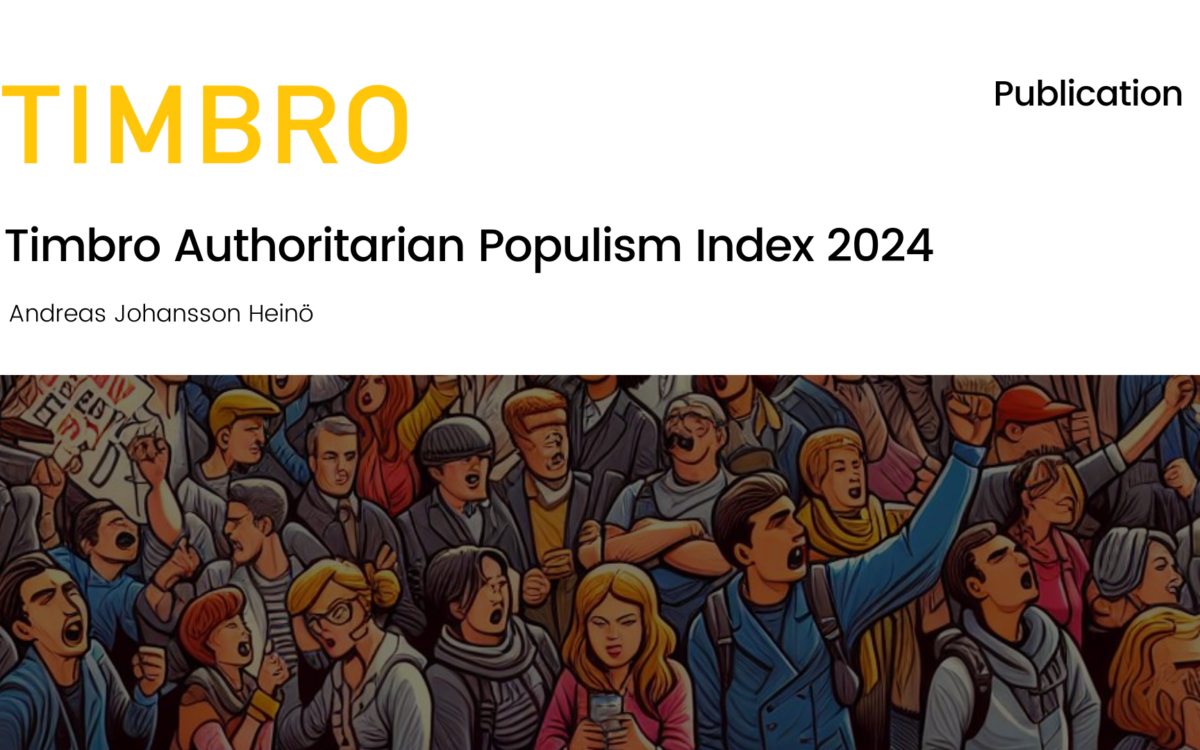Hayek on Competition: A Liberal Antitrust for a Digital Age?

Hayek on Competition: A Liberal Antitrust for a Digital Age?
20 July 2023
Competition is a discovery process between rival firms and can only be explained if the information is imperfect. It is the most effective way to coordinate economic activity by disseminating the information and knowledge held by market participants in a world of generalised ignorance and change.
The free market and evolved customary laws operating within the rule of law create a spontaneous order necessary for and subject to individual liberty.
Hayek was not an advocate of laissez-faire or the unbridled freedom of contract. He saw the necessity for state intervention to foster competition, provide services, and ensure individual liberty. Competition does not mean a market will have many firms. Monopoly and oligopoly may be more efficient, provide cheaper goods, and greater innovation, and will generally be under constant challenge. Key to Hayek’s notion of competition and competition policy is contestability or potential competition.
An active pro-competition policy is consistent with liberalism which removes government barriers to entry, reduces the legal protection given to intellectual property (patents, copyright, trademarks) and corporations, and a supportive tax and monetary system. The ‘big is bad’ mantra now influencing competition policy was rejected by Hayek as producing ‘essentially antiliberal conclusions drawn from liberal premises.’
Hayek proposed a modest competition law that would prohibit exclusionary price discrimination by monopolies and render contracts in restraint of trade unenforceable. These prohibitions would be privately enforced by giving those harmed the right to sue for ‘multiple damages’ supported by lawyers who are paid contingency fees.
Hayek’s focus on information and knowledge processing should make his approach relevant and adaptable to the trends now experienced in the digital sector.
Download or share this publication
View the PDF
EPICENTER publications and contributions from our member think tanks are designed to promote the discussion of economic issues and the role of markets in solving economic and social problems. As with all EPICENTER publications, the views expressed here are those of the author and not EPICENTER or its member think tanks (which have no corporate view).



